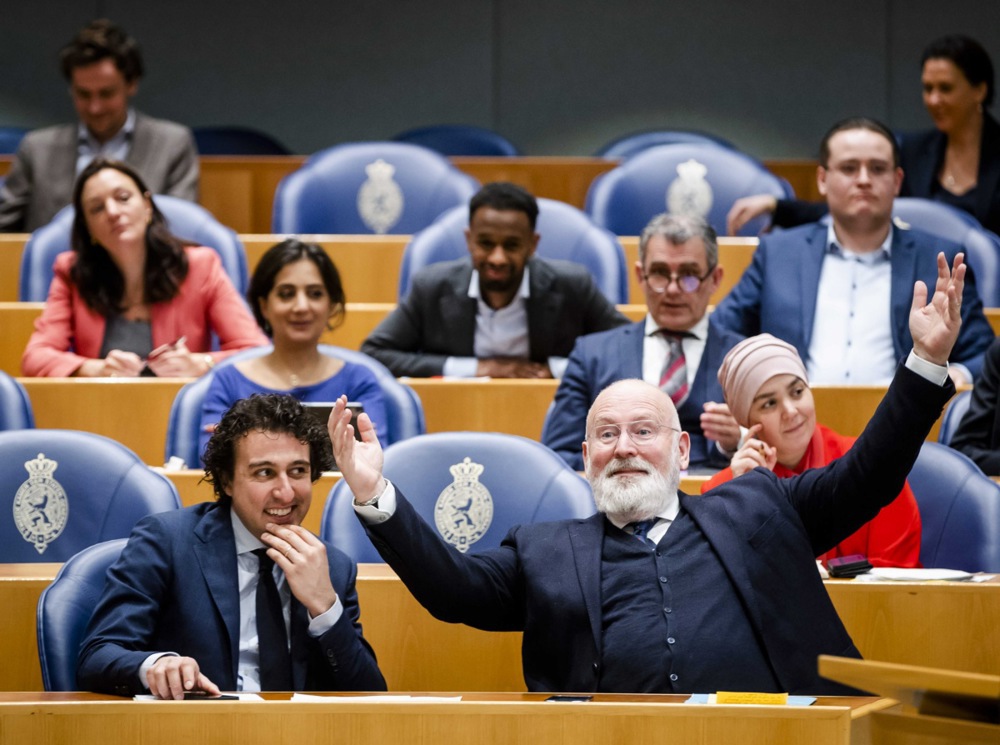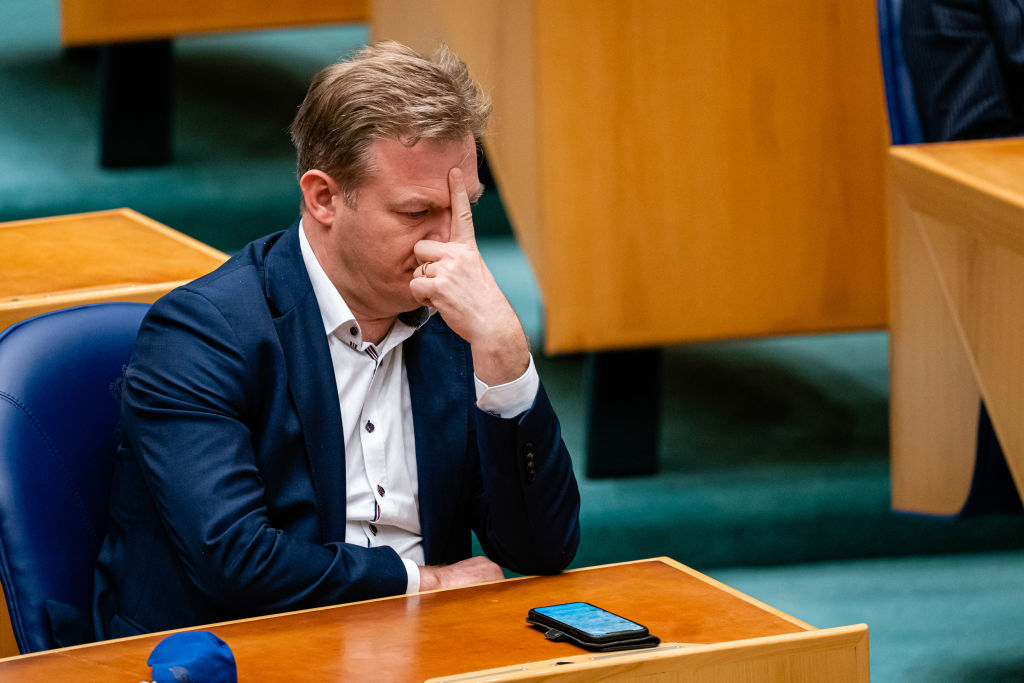In the Dutch elections in November last year, the left-liberal D66 got hammered and lost most of its seats in Parliament.
Now, an internal report on the defeat comes to some painful conclusions about D66’s standpoints and machinations.
The evaluation report of the botched election campaign concludes that the party is “too pedantic”, “too woke”, “lacks a political profile”, has “too many integrity issues”,” and criticises it for “not having lived up to its promises of new leadership”.
The damning verdict on the reasons for D66’s downfall was handed down by the party’s research bureau, the Hans van Mierlo Foundation.
Despite the party winning big in the previous elections and getting a lot of its progressive points into the coalition programme, D66 then became increasingly unpopular.
Voters turned their backs on the party because of its tone and D66’s “exclusionary” language in the woke debate.
Highly unpopular is the party’s tendency to convey a “technocratic claim to truth”, the report said.
This ignited profound conflicts within both the Cabinet and society in general, particularly when deliberating on issues ranging from asylum and finance to the Covid pandemic but, perhaps most notably, the contentious issue of nitrogen and the agricultural sector.
“The public debate on the future of the agricultural sector hardened into a battle between two realities,” the report found, “between the technocratic claim to the truth ‘there is no alternative’ or ‘it has to be from the courts’ and the populist claim to the truth ‘without farmers no food’.”
Rather than convincing others, the left-liberals spoke about “timeframes, pause buttons, European legislation, court rulings and administrative opinions”, often “explained from above”.
Values and its own political ideals were set aside in favour of the claims and rulings put forth by scientists and judges, which were peddled in a pedantic way not providing voters with any real perspectives and giving them a feeling of unjustness, the Foundation said.
The party wallowed in its own righteousness and, in doing so, forgot to include citizens in its considerations or consider their perspectives, it added.
Wokery in particular is a big problem for the party.
“While the party espouses principles of inclusion, D66 has adopted a discourse that many people perceive as moralistic, alienating, and exclusionary. Such rhetoric runs counter to our agenda centred on inclusion and contradicts the aims we strive to achieve,” the report said.
The party also failed to uphold its pledge of “new leadership”.
D66 had publicly committed to a departure from previous political practices. But, when entering the then-government, it needed to set up a committee to clarify the meaning of the “new leadership” slogan.
“The expectations raised by the slogan thus ultimately came back to D66 like a boomerang.”
The report authors stated a radical change of course was now needed.
“It is up to us to turn the tide. Especially at a time when radical right-wing parties dominate the political landscape. That requires us to be smarter and faster. It requires political and democratic innovation in the good tradition of democrats.”
The Foundation advocated for attracting “people with talent” from outside politics.
“D66 has veered towards overly extensive selection profiles under the guise of equity. Again, this is bad for diversity. You can’t ask a fish to climb a tree,” it said.
The report’s findings of elitism is not new; historically the left-liberal party has been widely seen as an elitist urban project for the highly educated, far removed from ordinary citizens.
On April 6, D66 will discuss this critical evaluation report at a congress.
After the November defeat, where D66 shed 15 of its 24 seats and was the biggest loser, the youth wing of the party called for self-reflection and said D66 struggled with an “identity crisis”.
“The fact that we are now seen as a party of the elite, while Van Mierlo actually dreamed of a broad people’s party, is because we too often ignore what is actually going on in society and too often allow ourselves to get caught up in technocratic decision-making,” the youth-wing members wrote.
Reacting to the report, party leader Rob Jetten called it “commendable that we are willing to engage in self-critique rather than blindly continuing forward without reassessment, akin to a headless chicken, under the false belief that our course requires no adjustment,” adding “we have done too much politics with the head and too little with the heart”.
He promised improvement, saying: “I certainly don’t want to spend the whole day standing at the interjection microphone [in the plenary], grumpily wagging my finger.”





